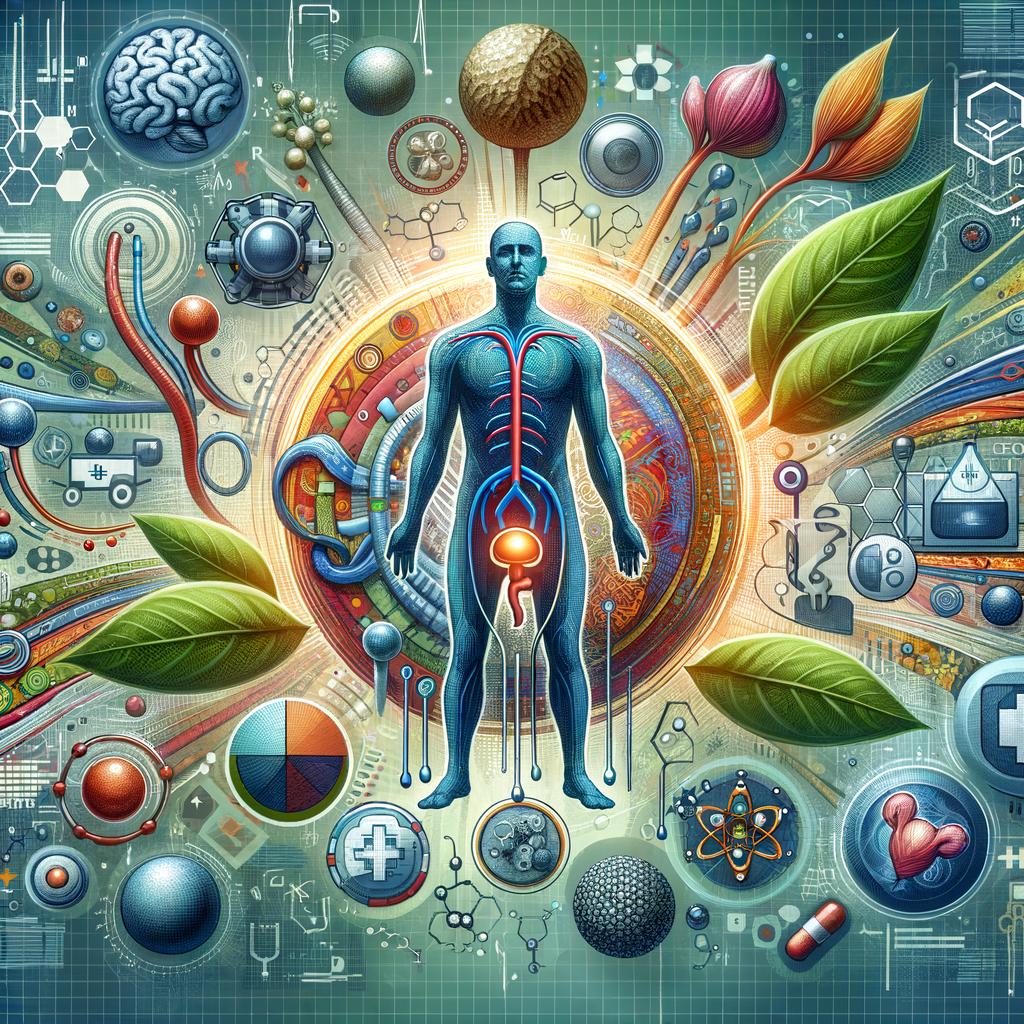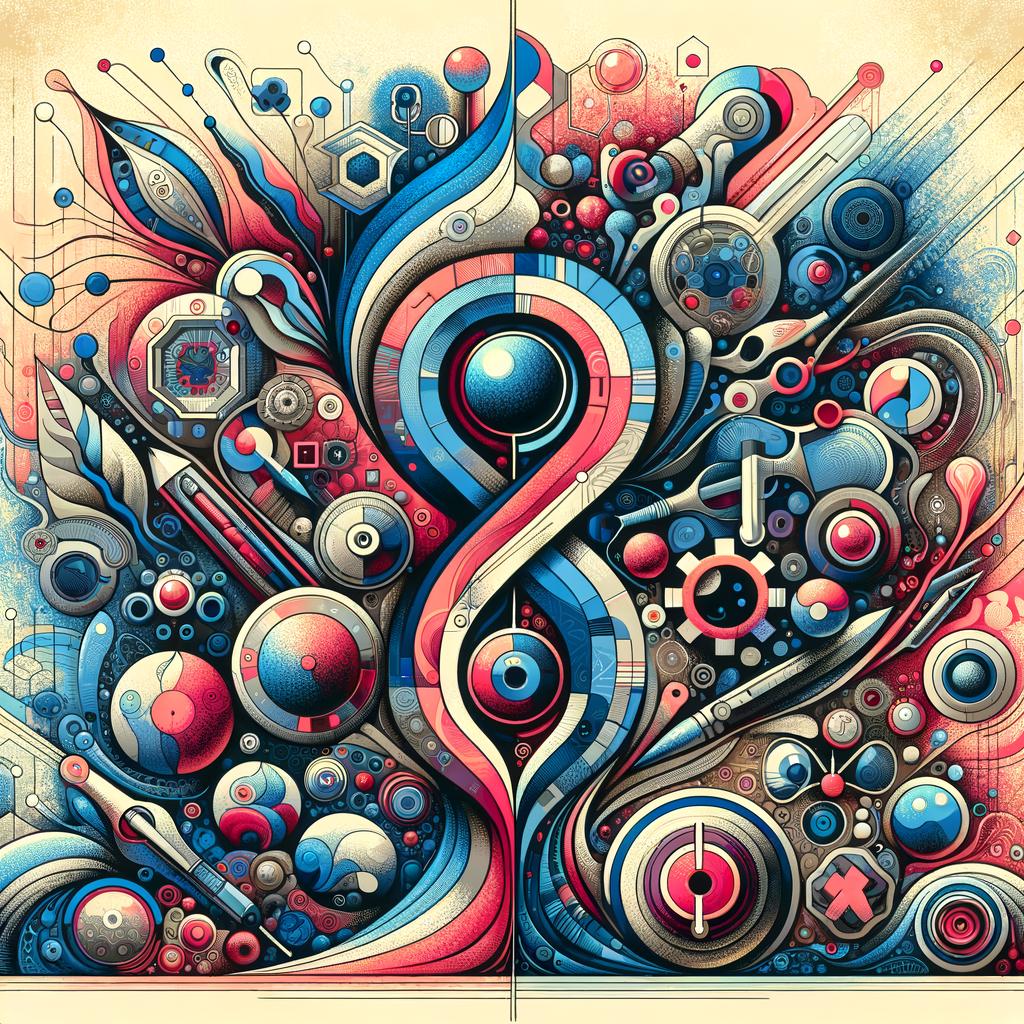
Introduction
Take a moment, gentlemen, to appreciate your prostate. This modest, chestnut-shaped gland is a critical component in the male reproductive system, responsible for producing a vital component of semen that protects and nourishes sperm. Many men cruise through life unaware of this unsung hero until an issue emerges. More commonly encountered as men mature with age, a condition known as Benign Prostatic Hyperplasia (BPH) becomes a reality for many. But what are the symptoms of BPH and what causes it? By mastering this knowledge, we fundamentally equip ourselves to better navigate the path towards optimal prostate health.
Decoding the complexities of BPH is a pretty straightforward affair. The term itself is a euphemism that points to an enlarged prostate. Not malignant or life-threatening, but certainly a condition that can cloud your daily life affecting your comfort and wellness. A seeping spectre of symptoms such as frequent urination, hesitation at the start of urination, decreased urination force and feeling of incomplete bladder emptying, begin to gradually manifest with the progression of BPH. As for what causes it? Well, it casually saunters its way in with age. We’re about to give you the lowdown in this article, providing the necessary insight from its defining symptoms to its root causes.
Understanding BPH Symptoms
BPH conspicuously creeps into a man’s life, often undetected due to its initially mild symptoms. These symptoms steadily surface with increasing age and controversial culpability on testosterone and estrogen levels. Characteristically, BPH has the knack to monkey around with urination due to the prostate’s strategic placement, hugging the urethra. This is one case where size truly matters, my friends!
All About Urination Abnormalities
The devious dance of BPH revolves around an array of issues besieging bladder and urinary function, manifesting a variety of symptoms. Imagine a swollen prostate as a relatable metaphor – a cumbersome rock lodged in a flowing stream which disrupts the natural flow of water, creates unnecessary turbulence, and, in some cases, even obstructs it. Ill-fated nights plagued with frequent visits to the little boys’ room, dammed up dribbling desires struggling to start urination, and the persistent nagging nudge nudging to urinate even after emptying your bladder, all lay testimony to BPH’s reign.
Determining BPH Causes
BPH and age, it seems, are two peas in a pod, cunningly tethered together by the strings of male hormones. While it may be a slim consolation, gentlemen, growing old quite literally enlarges the risks! However, surprisingly, the direct cause of BPH plays its cards quite close to its chest with clinicians unable to point out its origins conclusively.
CONNECTION BETWEEN AGE, Hormones, and BPH
The link between the highway of age and BPH is no hallelujah revelation. Like ageing rock stars, bodily functions tend to hit a few bum notes as they mature, and the prostate, unfortunately, is no exception. In the realm of causal connections, one could position BPH as a reluctant rite of passage into the golden years. Often speculated, researchers have suspected the interesting interplay between the hormones testosterone and estrogen to have a hand in fostering BPH, as both hormone levels tend to caravan in contrasting directions as we age.
How to Handle BPH
Dressed as a masked marauder, BPH may try to steal away the joys of your daily life. However, there are ways to quash the discomfort and uncertainty it brings starting with a robust understanding of the condition. Knowledge, in this case, truly is power, or liberation if you will, from the thrifty ties of the symptoms.
Treatment Options: A Beacon of Hope
Traditional treatments constitute a two-pronged approach, with lifestyle changes as the first port of call, followed up admirably by medication if needed. In more severe situations, surgical interventions are presented as possible salvation. Quite the gamut of options to cater to each individual’s bodily blueprint and the severity of their BPH.
Conclusion
In conclusion, BPH is as normal a part of the male ageing process as wrinkles and reading glasses. A snaking assortment of symptoms laced around urinary discomfort gives away its presence, and although the causes remain inconclusive, age and hormones play their part in a pas de deux. Understanding your body and being tuned into these changes can both alleviate anxiety and provide the foundation for early detection and effective treatment. Aging might not be a walk in the park, but with a bit of attentiveness and action, BPH doesn’t stand a chance!
Frequently Asked Questions
1. Are the symptoms of BPH immediate?
No. BPH symptoms creep up gradually and tend to exacerbate with age.
2. At what age does BPH usually occur?
Generally, BPH begins showing symptoms after the age of 50.
3. Can BPH symptoms get worse?
Yes, without proper treatment and lifestyle changes, BPH symptoms can intensify.
4. Are there any lifestyle changes recommended for managing BPH?
Regular exercise, maintaining a healthy diet, and limiting alcohol/caffeine can help manage BPH symptoms.
5. Is surgery the only treatment option for BPH?
Not necessarily. Lifestyle changes and medication often serve as the first line of treatment. Surgery comes into play for severe BPH cases where other treatments fail.


